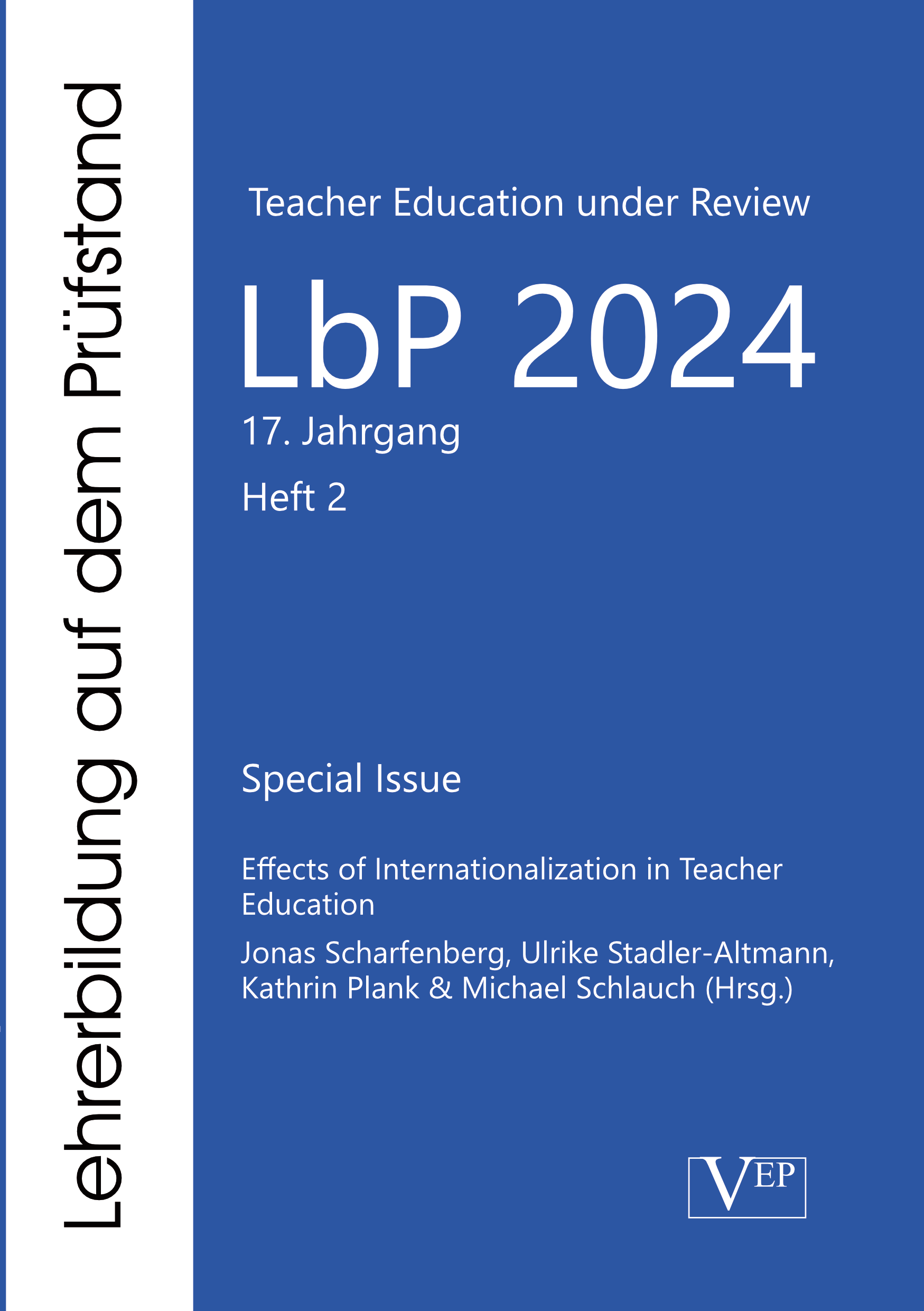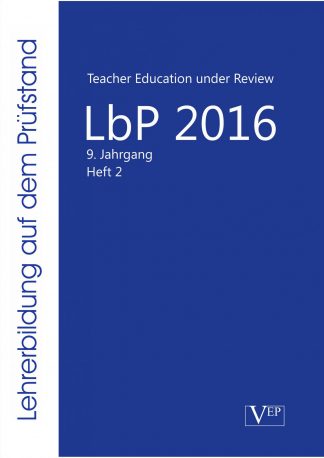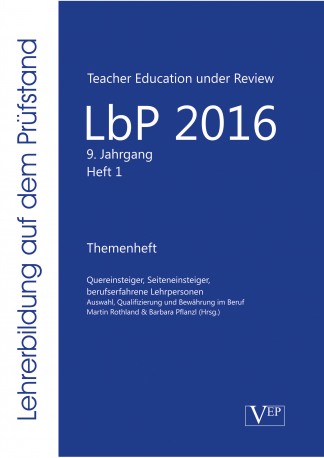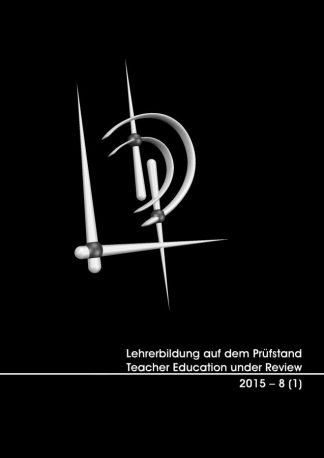Inhalt
In 2023, the Sustainable Development Goals Report reported slower progresses towards quality education after the COVID-19 pandemic. This puts current emphasis on the UNESCO et al. demand to substantially increase the supply of quality teachers (UNESCO et al., 2015). One important aspect of teacher education is to provide training on handling pupils with different kinds of special education needs in culturally and socioeconomically diverse classrooms. To develop social and intercultural competences, the Council of the European Union maintained cross-border mobility – either virtual, blended or physical – as a powerful learning experience for (future) teachers in 2020. To address this goal, the virtual seminar “Virtual international exchange worldwide (View) – Transition and Inclusion” was implemented. Based on the concepts of “collaborative online international learning (COIL)” and “flipped classroom”, the seminar is conducted with a fixed group of German and international students (ca. 35 in sum) in collaboration of a German and an international instructor. The article discusses findings of a pre-post semi-structured survey of participating students on professionalization in terms of internationalization, cooperation, language development, and on the intention towards a stay abroad.
Keywords: Internationalization in teacher education – intercultural competence
Der Sustainable Development Goals Report berichtete 2023 über langsamere Fortschritte im Bereich der internationalen Bildungsziele nach der Corona-Pandemie, was die Bedeutsamkeit einer nachhaltigen Qualifizierung von Lehrpersonen (UNESCO et al., 2015) erneut herausstellt. Ein wesentlicher Aspekt der Lehrpersonenbildung ist die Befähigung zum Umgang mit Kindern verschiedener besonderer Bedarfe im Kontext von kulturell und sozioökonomisch vielfältigen Klassenzimmern. Der Rat der Europäischen Union hat 2020 die internationale Mobilität – in virtueller, physischer oder kombinierter Form – als zentral für die Entwicklung von sozialen und interkulturellen Kompetenzen hervorgehoben. In diesem Kontext wurde das virtuelle Seminar „Virtual international exchange worldwide (View) – Transition and Inclusion“ etabliert. Das Seminar basiert auf den Konzepten des „Collaborative online international learning (COIL)“ and „Flipped classroom“. Eine feste Gruppe aus internationalen und deutschen Studierenden (ca. 35 insgesamt) wird hierbei von einer deutschen und einer internationalen Dozentin gemeinsam geleitet. Dieser Beitrag präsentiert und diskutiert Ergebnisse einer Prä-Postbefragung der Studierenden zu Professionalisierungsaspekten hinsichtlich interkultureller Kompetenz, Kooperation, Sprachentwicklung und Absichten für einen Auslandsaufenthalt.
Schlagwörter: Internationalisierung der Lehrpersonenbildung – interkulturelle Kompetenz
